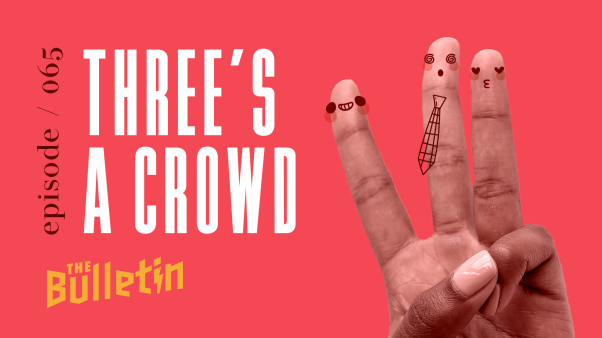Get the most recent headlines and stories from Christianity Today delivered to your inbox daily.
Sex and Sexuality
The first chapters of Scripture reveal a God who made sexuality core to the human experience—and indeed, the way that Adam and Eve would “fill the earth and subdue it.” Song of Solomon celebrates the sexual delight of lovers, while Paul taught that marital union represents the relationship between Christ and his church. Because of this, Christianity remains among the most “sex-positive” religions, even if segments of the church have on one hand, cloaked it in shame or, on the other, given it a mystical power bordering on idolatry. Today’s Christians face a culture that, through pornography, media, and advertising, idolizes sexual pleasure while debasing its unitive and procreative power by extracting it out of relationship. In this context, evangelicals struggle to teach and live out a biblical theology of sex that centers on the marital covenant between husband and wife, affirms the playful, non-procreative dimensions of sex, and welcomes the possibility of new life, even without a central teaching on birth control.
All Articles
News
Anti-Trafficking Ministries Oppose Trump’s Pick for Attorney General
A number of groups want a full investigation of the allegations that former Rep. Matt Gaetz had sex with a minor.
The Bulletin
Electric Youth
Presidential debate review, the future of electric vehicles, and gender youth medicine.
What If the Christian Sexual Ethic Becomes a Feature, Not a Bug?
Evangelicals tend to assume our sexual ethic is deeply unpopular. But the wind may be shifting as thought leaders increasingly declare Christianity a cultural asset.
I’m an Evangelical Parent of Adult LGBTQ Children. Now What?
My theology is squarely orthodox. Now I need fellow Christians to help me work out a sustainable vision of day-to-day life with my children.
Wire Story
Most Pastors Still Oppose Same-Sex Marriage
Levels of support for LGBTQ relationships have plateaued among Protestant clergy.
Review
What Believers Can and Can’t Affirm in Those Who Affirm Same-Sex Marriage
Rebecca McLaughlin takes care to filter their legitimate claims from their flawed assumptions.
Why Your Favorite Theologians Are All Talking about Theological Anthropology
Attention to bodies and cultural conflict has brought attention to the question of what it means to be human.
News
Liberty University Fined $14M Over Campus Safety
Focused on the evangelical school’s handling of sexual violence, the federal penalty is by far the largest in the Department of Education’s history.
The Fault in Our Norms
How do you decide what should be normal in a secularized, fragmented society?










